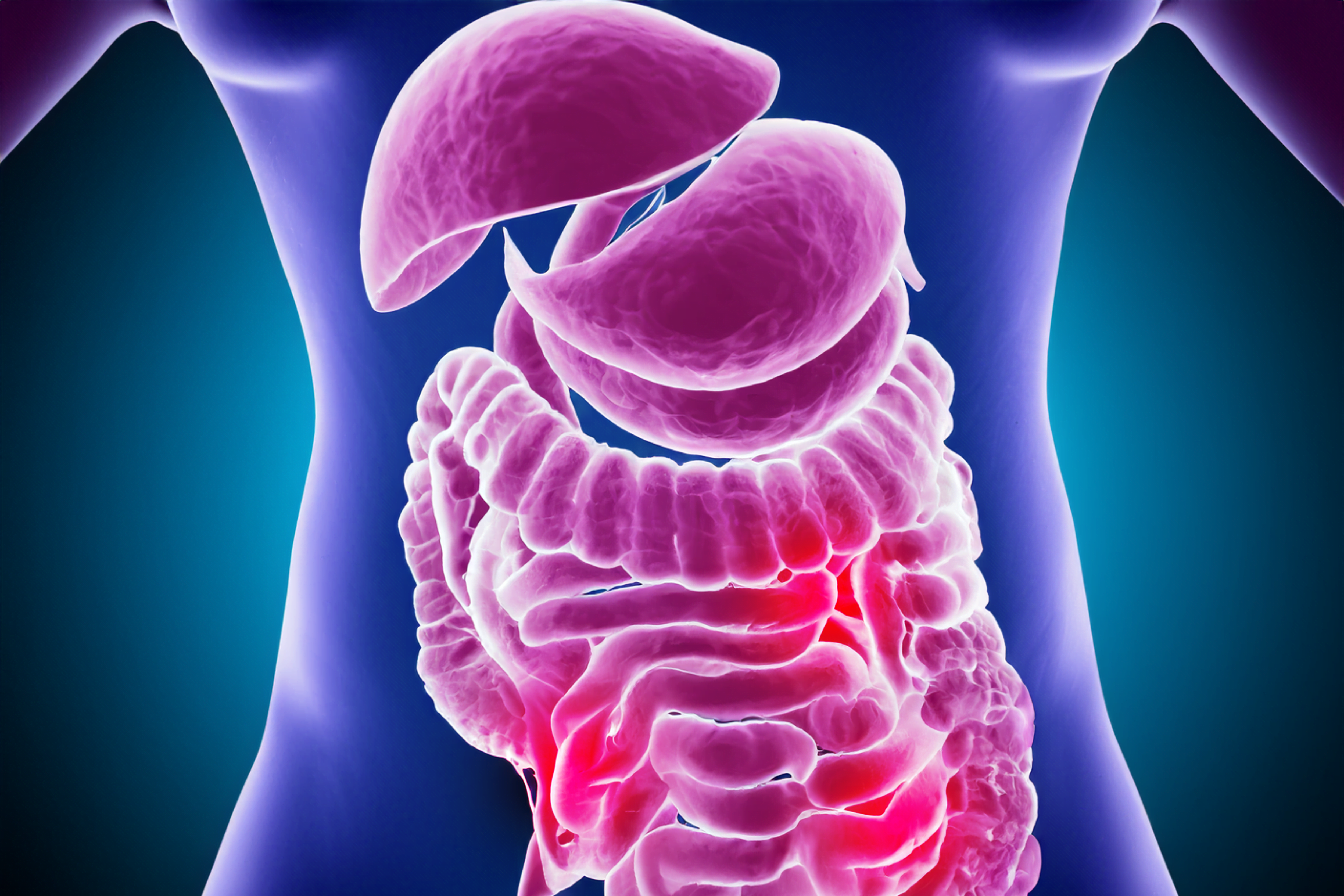Stomach Cancer Diagnosis - Introduction
Stomach cancer, also known as gastric cancer, is a concerning and potentially life-threatening disease that affects the lining of the stomach. Early detection is crucial for improving the chances of successful treatment and long-term survival. In this blog, we will delve into the importance of timely diagnosis, the common symptoms that necessitate seeking medical attention, the diagnostic procedures employed, and the potential treatment options available for stomach cancer.
Statistics on Stomach Cancer
Stomach cancer is a significant global health concern. According to the World Health Organization (WHO), stomach cancer is the fifth most common cancer worldwide, with approximately 1,089,000 new cases and 768,000 deaths reported in 2020.
Geographically, stomach cancer incidence rates are higher in Eastern Asia, Eastern Europe, and parts of Central and South America, while North America and Western Europe report lower rates.
When to Seek Diagnosis?
Recognizing the early signs and symptoms of stomach cancer is pivotal in facilitating timely diagnosis. While these indicators may vary, some common symptoms to look out for include:
Persistent Indigestion: Regular discomfort after meals, bloating, or heartburn that does not improve with over-the-counter medications should be investigated.
Unexplained Weight Loss: Losing weight without any apparent reason or diet change should not be ignored, as it may be a sign of underlying health issues.
Loss of Appetite: A sudden loss of appetite or feeling full even after small meals may be indicative of stomach cancer.
Abdominal Pain: Persistent and unexplained pain or discomfort in the abdominal area necessitates medical evaluation.
Nausea and Vomiting: Frequent bouts of nausea or vomiting, especially if accompanied by blood, warrant immediate attention.
Fatigue and Weakness: Feeling constantly tired or weak, even with adequate rest, might indicate an underlying health problem.
Black Stool: The presence of black or tarry stools could be a sign of gastrointestinal bleeding and should be investigated promptly.
The Way Forward: Stomach Cancer Diagnosis
Upon experiencing any of the aforementioned symptoms, it is essential to consult a healthcare professional promptly. The diagnostic process for stomach cancer typically involves the following steps:
Physical Examination: The doctor will conduct a comprehensive physical examination and discuss the patient's medical history and symptoms.
Blood Tests: Various blood tests, including complete blood count (CBC), liver function tests, and tumour marker tests (e.g., CEA and CA 19-9), may be performed to identify any abnormalities.
Endoscopy: An endoscopy is a common procedure in which a thin, flexible tube with a camera (endoscope) is inserted through the mouth into the stomach. It allows the doctor to examine the stomach lining closely and take tissue samples for biopsy.
Biopsy: During endoscopy, small tissue samples are collected from suspicious areas in the stomach. These samples are then examined under a microscope to determine if cancer cells are present.
Imaging Tests: Imaging techniques such as X-rays, CT scans, MRI, and PET scans may be utilised to assess the extent of cancer spread and identify potential metastasis.
Staging: Staging helps determine the size and extent of cancer, aiding doctors in planning the most appropriate treatment strategy.
Potential Treatment for Stomach Cancer
Treatment for stomach cancer depends on various factors, including the stage of cancer, the overall health of the patient, and the patient's preferences. The primary treatment options include:
Surgery: Surgery is often the first-line treatment for early-stage stomach cancer. It involves the removal of the tumor and surrounding tissues. In some cases, partial or total gastrectomy (removal of part or all of the stomach) may be necessary.
Chemotherapy: Chemotherapy utilizes powerful drugs to destroy cancer cells or inhibit their growth. It may be administered before surgery to shrink the tumor (neoadjuvant therapy) or after surgery to eliminate any remaining cancer cells (adjuvant therapy). In advanced cases, chemotherapy may be used as palliative care to alleviate symptoms and improve quality of life.
Radiation Therapy: Radiation therapy employs high-energy X-rays or other particles to target and kill cancer cells. It may be used alongside surgery and chemotherapy or as a primary treatment for specific cases.
Targeted Therapy: Targeted therapies are drugs that specifically target certain molecules involved in cancer growth. These treatments are often used in combination with chemotherapy for advanced cases.
Immunotherapy: Immunotherapy enhances the body's immune system to recognize and attack cancer cells. It has shown promise in some cases of stomach cancer and is continually being researched.
Palliative Care: For advanced or metastatic stomach cancer cases, palliative care focuses on symptom management and improving the patient's quality of life.
Conclusion
Early detection and prompt diagnosis are vital in improving the outcomes for stomach cancer patients. It is crucial to be vigilant about any persistent or unusual symptoms and seek medical attention if any concerns arise. Timely diagnosis enables healthcare professionals to develop the most effective treatment plan based on the patient's individual needs and the stage of cancer. With ongoing advancements in research and treatment options, the outlook for stomach cancer patients continues to improve, offering hope for a better future.

Copyright © 2023 Apollo Proton Cancer Centre. All Rights Reserved





